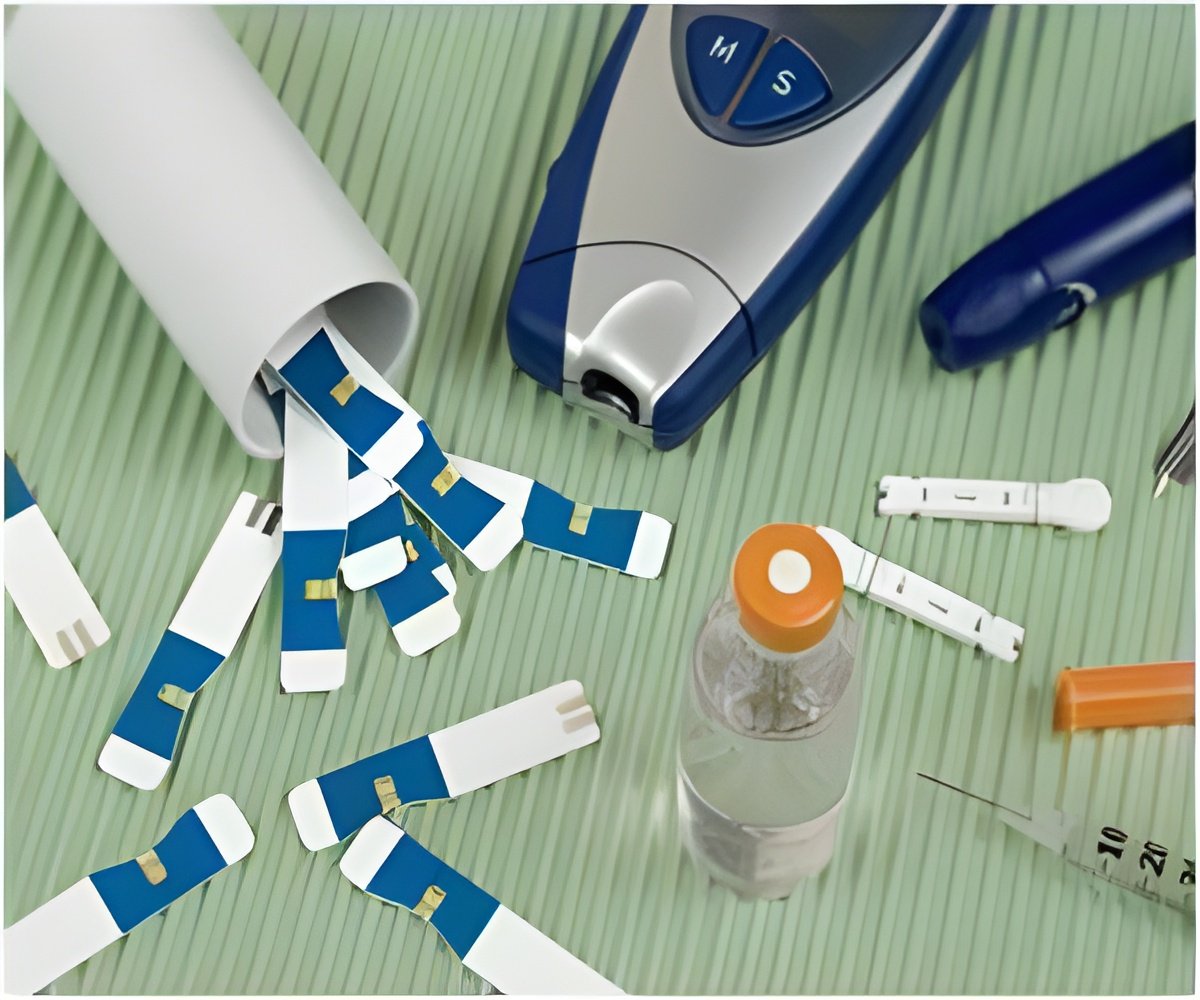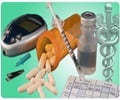Insulin-producing cells were successfully reprogrammed by a team of American scientists in an effort to discover a new way to fight diabetes.

The "reprogramming" of related alpha cells into beta cells may one day offer a novel and complementary approach for treating type 2 diabetes.
Treating human and mouse cells with compounds that modify cell nuclear material called chromatin induced the expression of beta cell genes in alpha cells, according to a new study that appears online in the Journal of Clinical Investigation.
"This would be a win-win situation for diabetics -- they would have more insulin-producing beta cells and there would be fewer glucagon-producing alpha cells," says lead author Klaus H. Kaestner, PhD, professor of Genetics and member of the Institute of Diabetes, Obesity and Metabolism, Perelman School of Medicine, University of Pennsylvania.
Type 2 diabetics not only lack insulin, but they also produce too much glucagon (a hormone that raises blood glucose levels), reports Science Daily.
"We treated human islet cells with a chemical that inhibits a protein that puts methyl chemical groups on histones, which -- among many other effects -- leads to removal of some histone modifications that affect gene expression," says Kaestner.
Source-IANS
 MEDINDIA
MEDINDIA



 Email
Email










